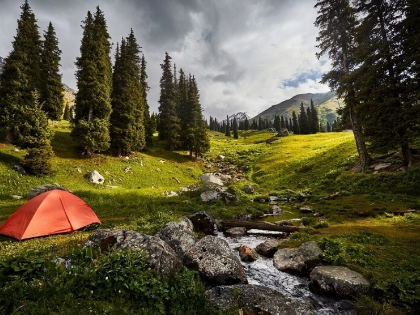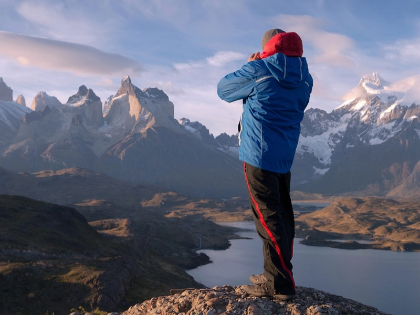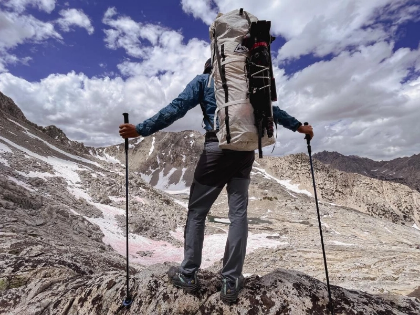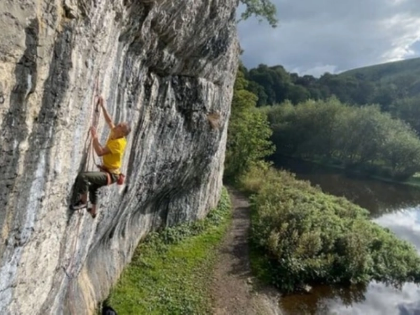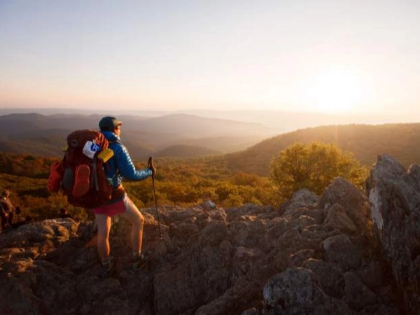How Does a Good Camp Get Made?
A competent camp director recognises the importance of creating a secure atmosphere. He or she ought to be able to discuss safety precautions and their approach to child safety with parents.
Excellent counsellors put their all into all they do. They find ways to cheer up their children even on wet days when they are confined to painting, Lego, and indoor rock, paper, scissors games.
1. A secure setting
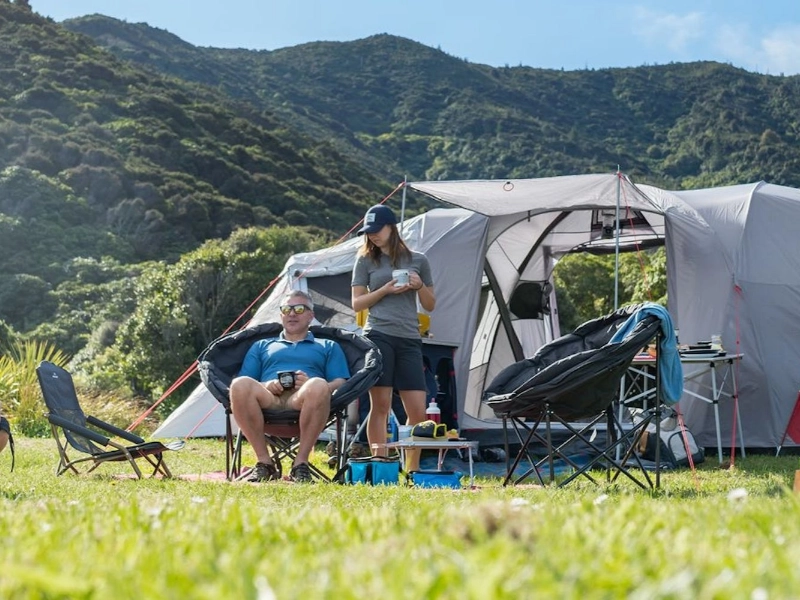
Kids can unplug from virtual worlds and learn to value the people in their immediate environment more than their "likes" on social media platforms at camps. Children get the ability to work together to achieve goals and to trust others.
In addition, children pick up hygienic practices like wiping their hands after using the restroom or before bed. They establish a schedule that promotes healthy meals and restful sleep.
2. A knowledgeable workforce
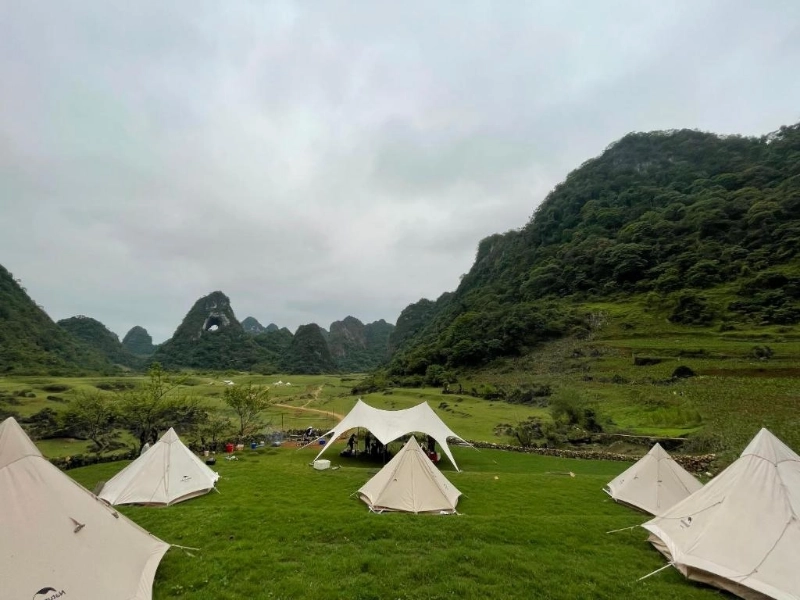
Energetic and kid-supportive counsellors are often valued in great camps. They know that when kids feel encouraged, they learn the most.
For example, counsellors are taught to be resourceful in the event that inclement weather cancels an outdoor activity. They can design enjoyable indoor activities that complement the objectives of the camp programme.
Additionally, by introducing children to individuals with a variety of experiences and backgrounds, they foster empathy in them. Engaging with children from diverse racial, religious, and cultural backgrounds may fall under this category.
3. A range of pursuits
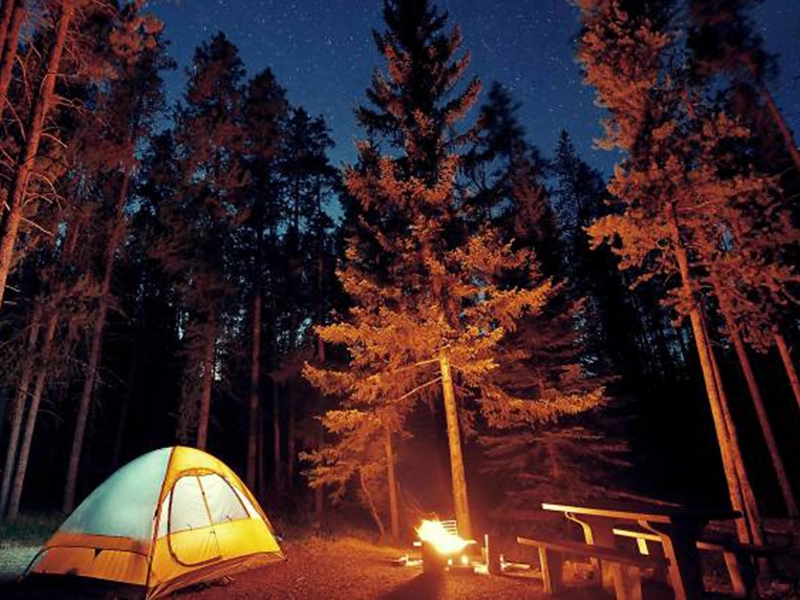
A quality camp offers a wide range of activities to keep kids interested all day. Sports, crafts, team-building activities, and educational seminars fall under this category.
Children can exhibit their natural abilities in a talent show, which will increase their self-worth and confidence. With the aid of a counsellor, they can enhance their problem-solving abilities while also learning about the natural world through scavenger hunts.
Great camps offer backup plans, such as indoor rock, paper, scissors competitions, and painting, for the days when outdoor activities aren't possible. To educate parents, they might use child care management software that offers features like real-time updates.
4. A healthy diet
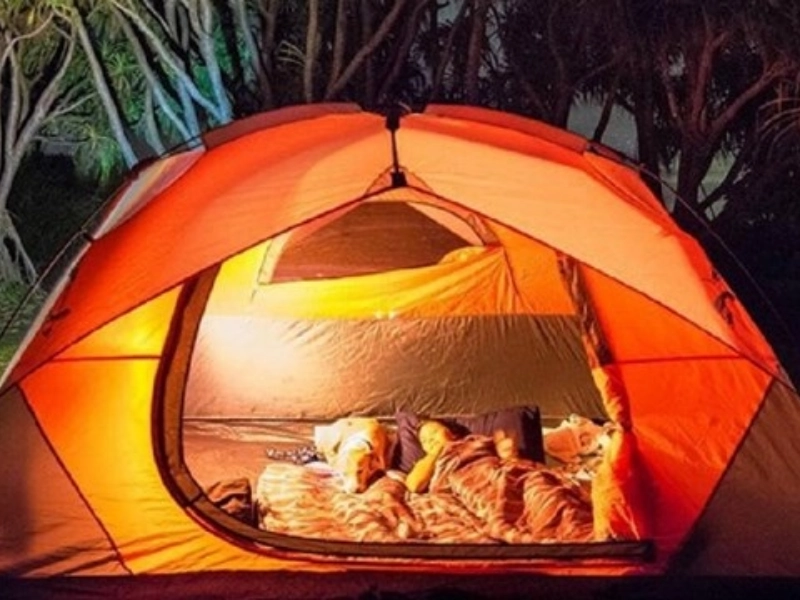
Eating well is essential for many kids to have a positive camp experience. That's not always simple, either.
Though they have a negative name in today's world of diets, kids who are active's bodies prefer carbohydrates as their primary energy source. They nourish kids' bodies at camp and aid in their recovery from physically demanding activities.
Arrange a salad bar with sliced fruits, vegetables, and lean meats; serve guacamole or hummus as a dip. When food is offered with a fun sauce or dip, kids are more likely to try it because they adore dipping.
5. A wholesome way of living
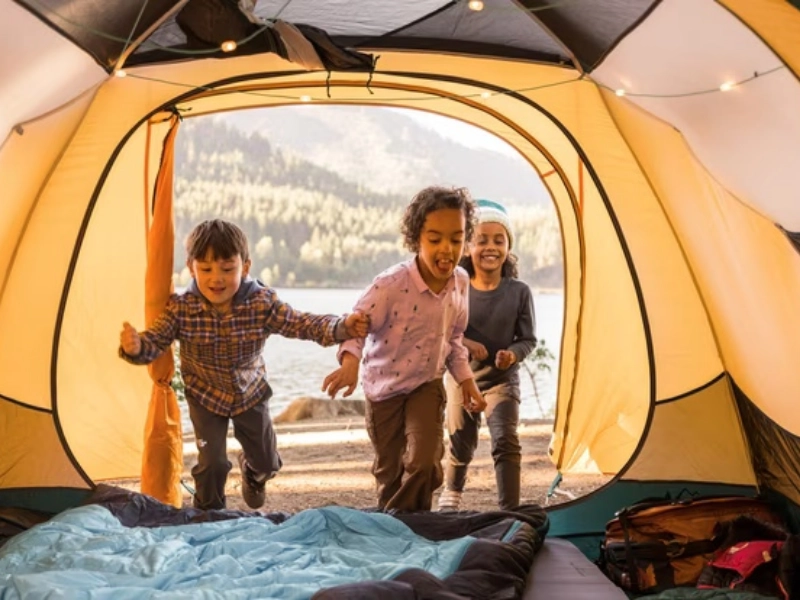
Camps designed specifically to help youngsters put down their devices and unwind can be found in a world where kids worry about social media "likes" and spend too much time on their phones.
Good camp counsellors take good care of their bodies, eat well, and spend the day having fun. This instills in their campers lifelong healthy habits.
Sportsmanship and teamwork are modelled by counsellors. They demonstrate to children that cooperation is possible amongst people, regardless of the goal—winning a football match or scaling a climbing tower, for example.
6. A feeling of belonging
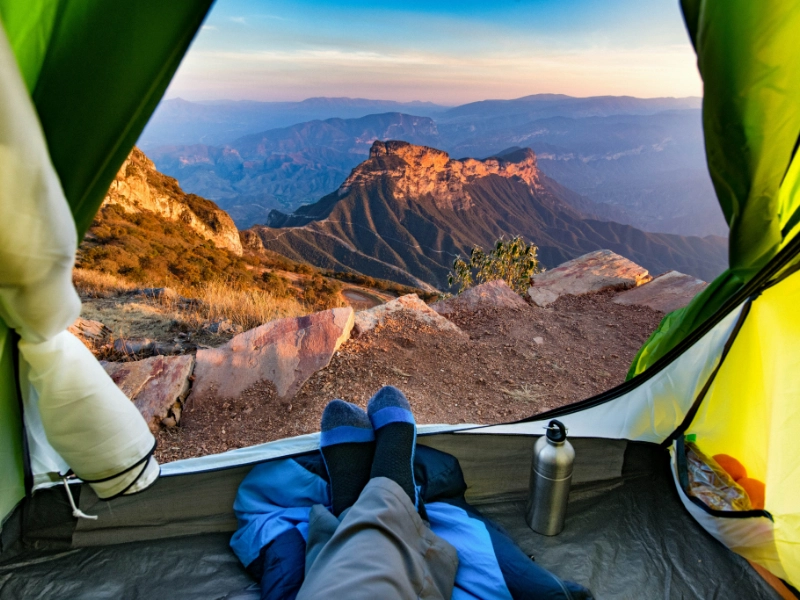
A fantastic camp is run by counsellors who genuinely love their campers. Good counsellors prioritise their children's needs and the needs of the group above everything else, whether they are dealing with homesickness, cheering up a despondent camper, or settling a small argument between cabinmates.
Additionally, they place a high value on instilling in campers the values of tolerance, respect, and gratitude in order to help them integrate into society. They accomplish this by pulling practical jokes and kitchen raids, among other things.
7. A relationship with nature
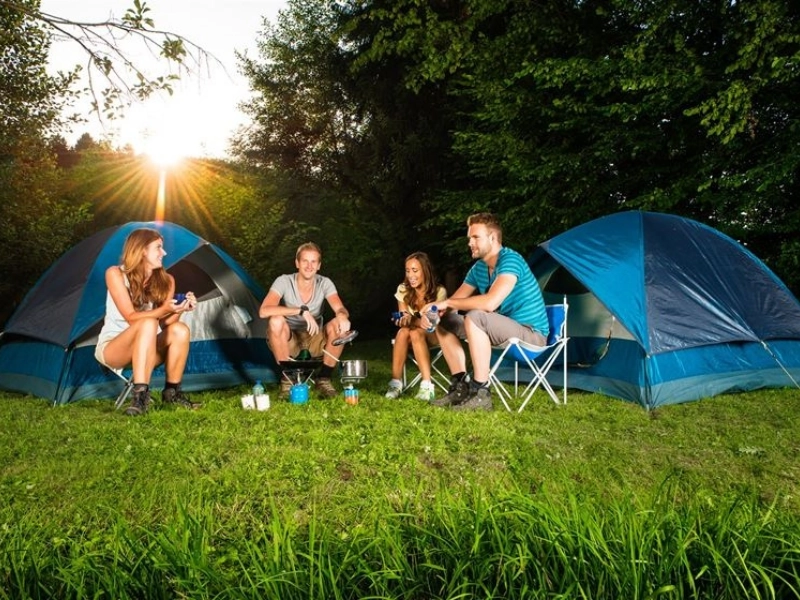
Kids that attend a quality camp learn how to connect with nature, develop their hobbies, and be self-reliant. According to research, children are becoming more and more sedentary, which Louv refers to as "nature deficit disorder."
By educating them to rely on one another and themselves for basic survival skills like lighting fires and purifying water, camping helps children reclaim nature. Children learn to respect and cherish our planet at environmentally friendly camps like Woodland Hills.
8. The opportunity to be liberated
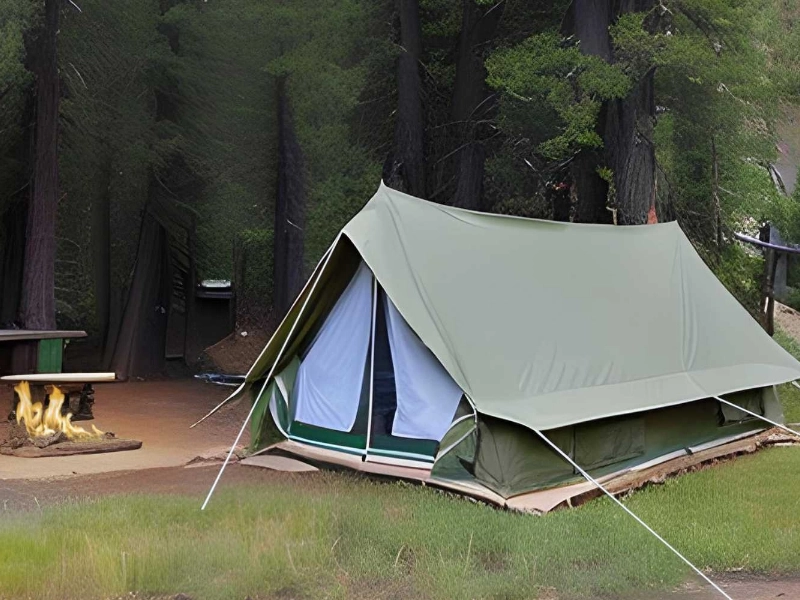
Great camps allow kids to be free in a world where they spend too much time staring at screens and worrying about social media "likes." They gain the ability to put down their phones, engage in face-to-face interactions with their peers, form friendships, and take part in camp customs.
These include minimising your waste impact according to local and state rules, such as fire limits, and finding an RV parking spot that doesn't require paying for a campsite. National Forest and BLM maps are available on their websites, and Dyrt's app, iOverlander, boasts an outstanding database of user-submitted scattered camping areas.
9. An opportunity to be authentic
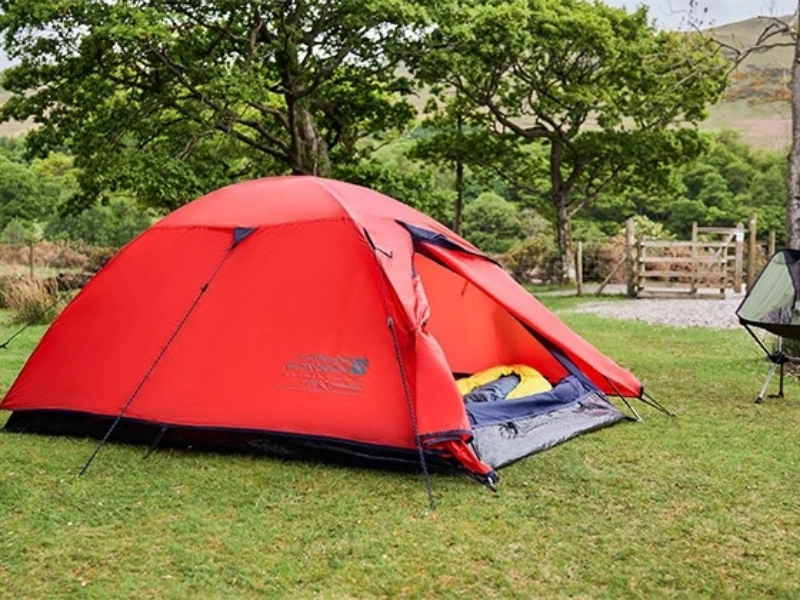
Away from their families and normal buddy groups, youngsters may be themselves at traditional summer camp. They get the ability to decide for themselves and be
